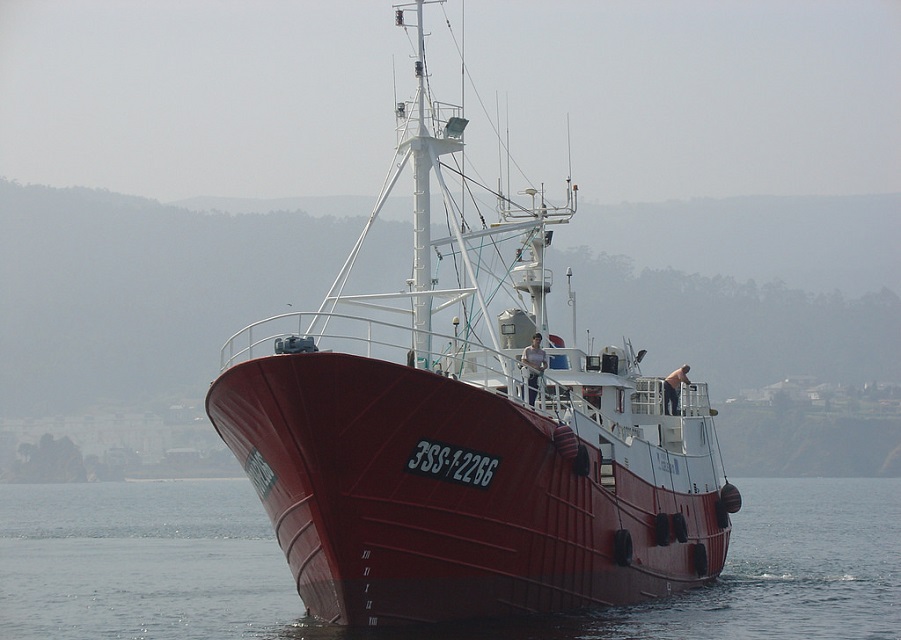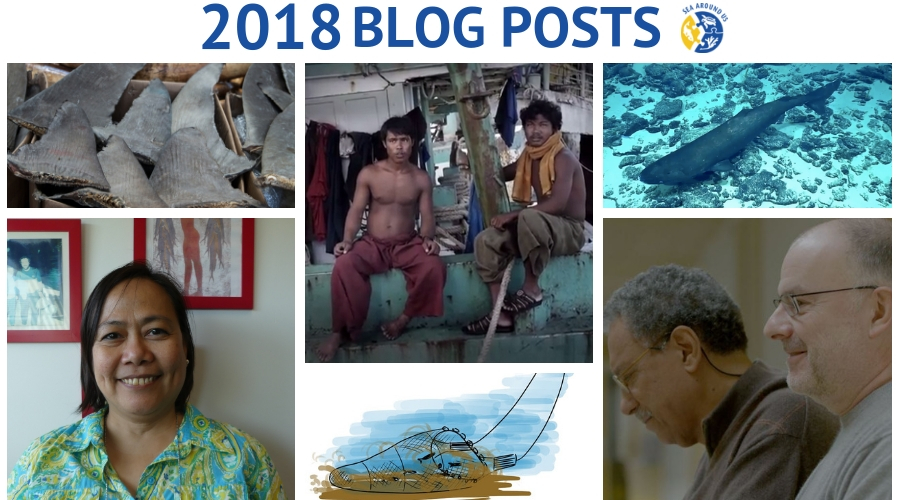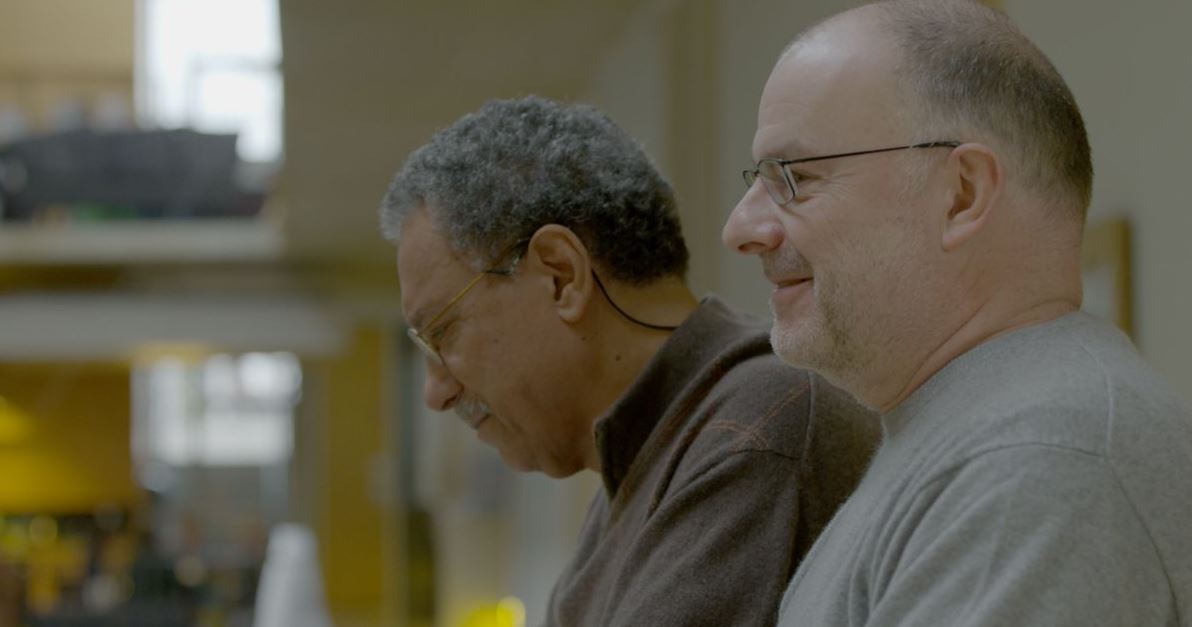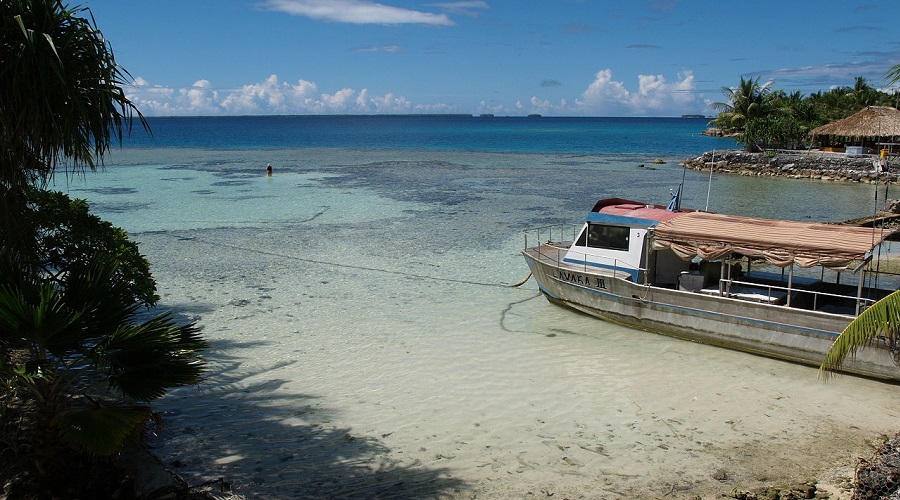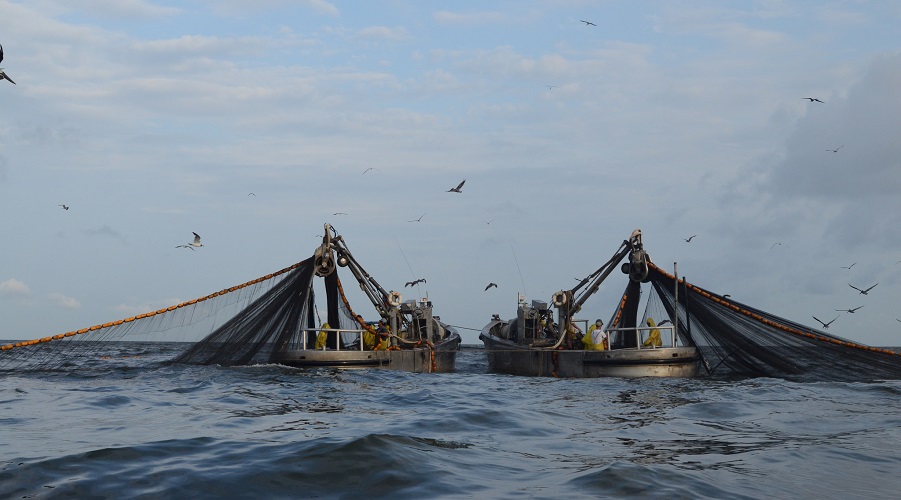Carbon dioxide emissions from the fuel burnt by fishing boats are 30 per cent higher than previously reported, researchers with the Sea Around Us initiative at the University of British Columbia and the Sea Around Us – Indian Ocean at the University of Western Australia have found.
In a study published in Marine Policy, the scientists show that 207 million tonnes of CO2 were released into the atmosphere by marine fishing vessels only in 2016. This is almost the same amount of CO2 emitted by 51 coal-fired power plants in the same timeframe.


